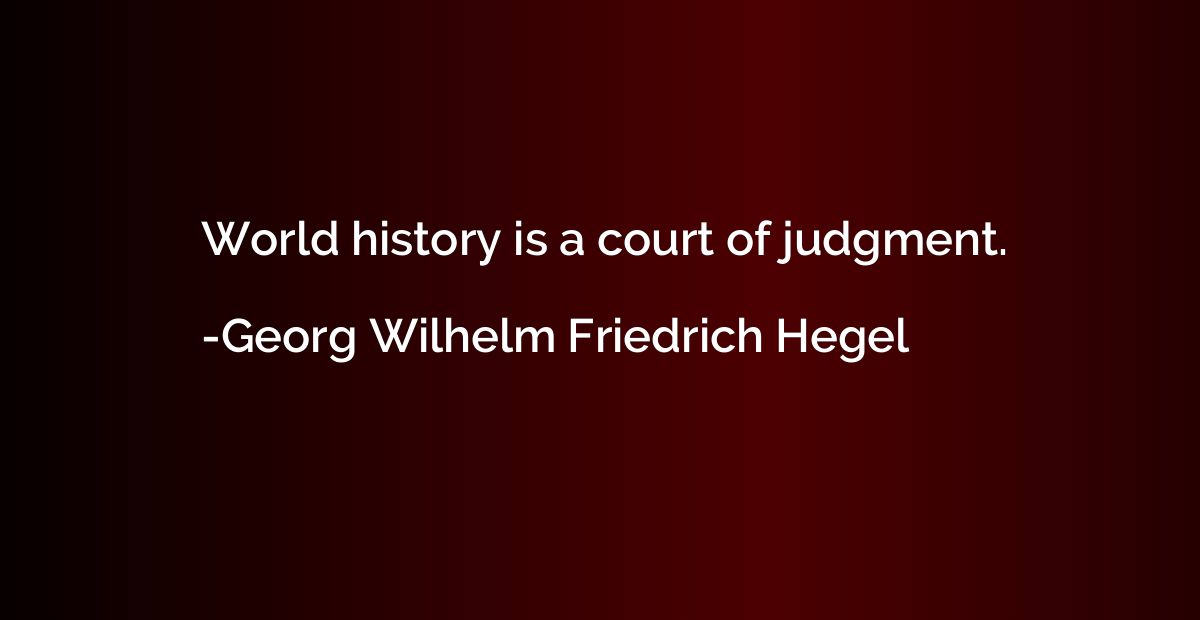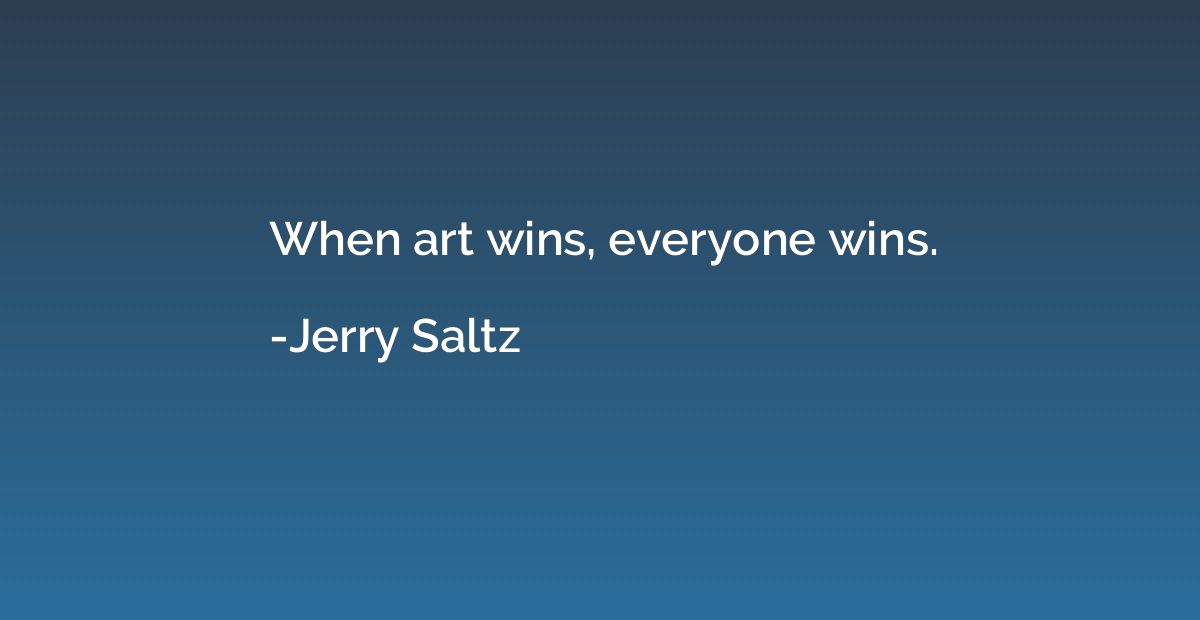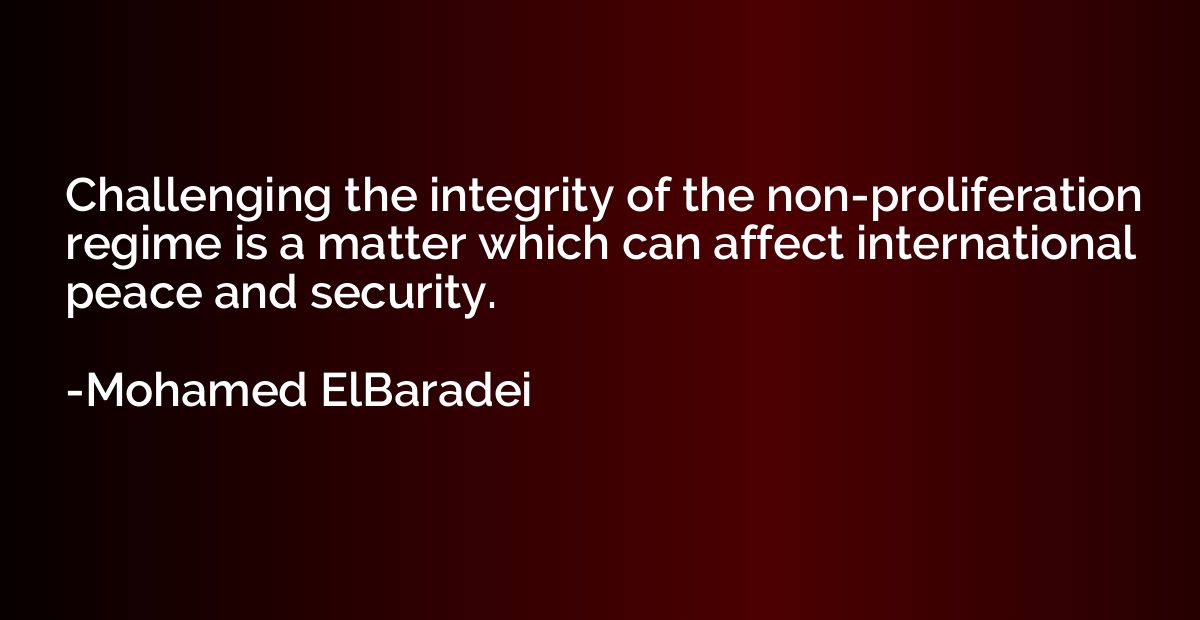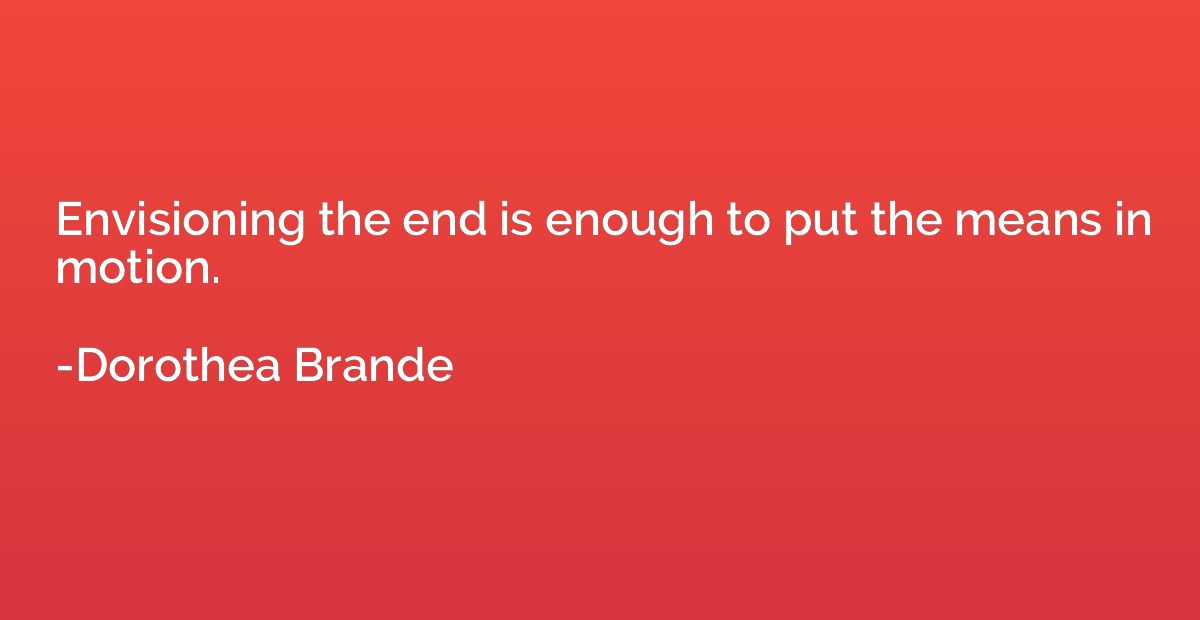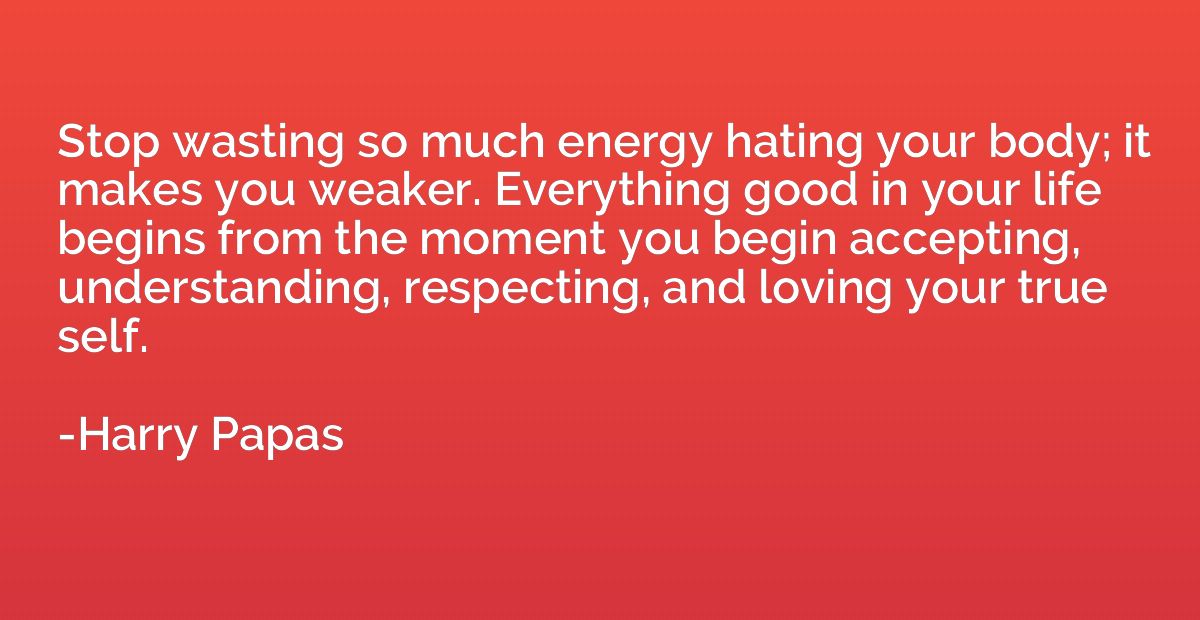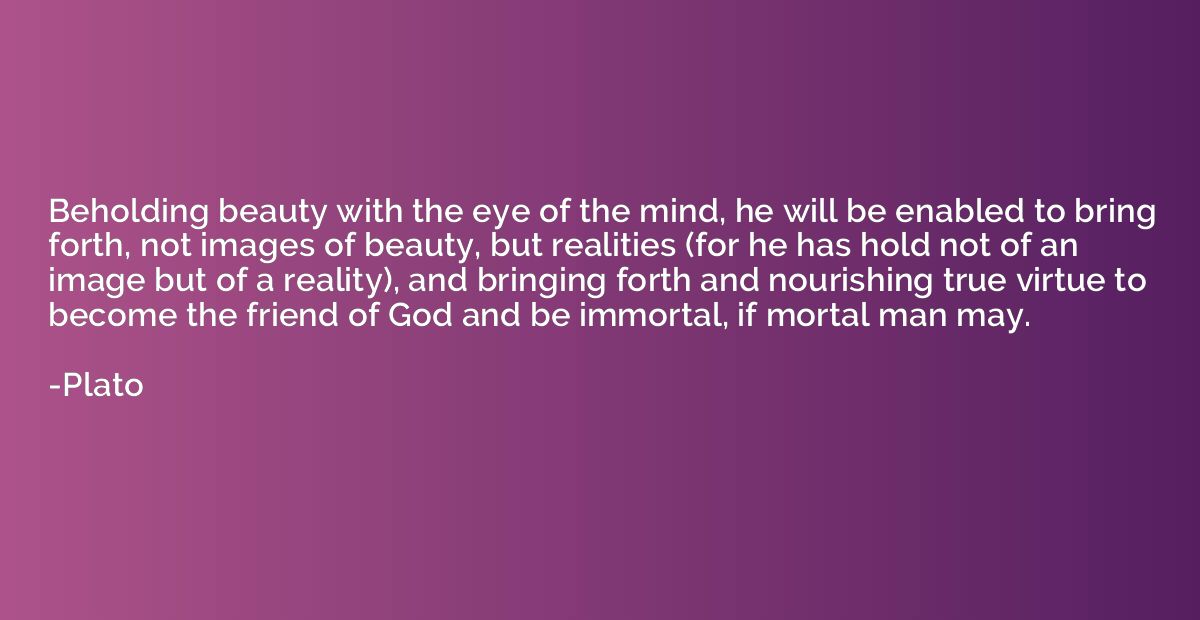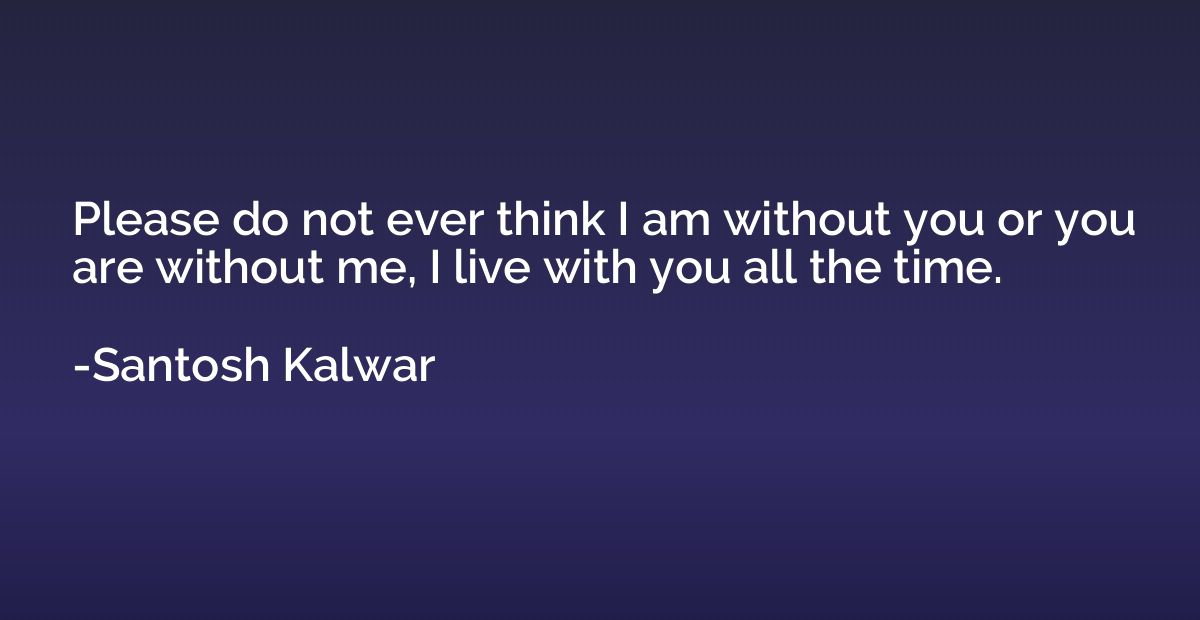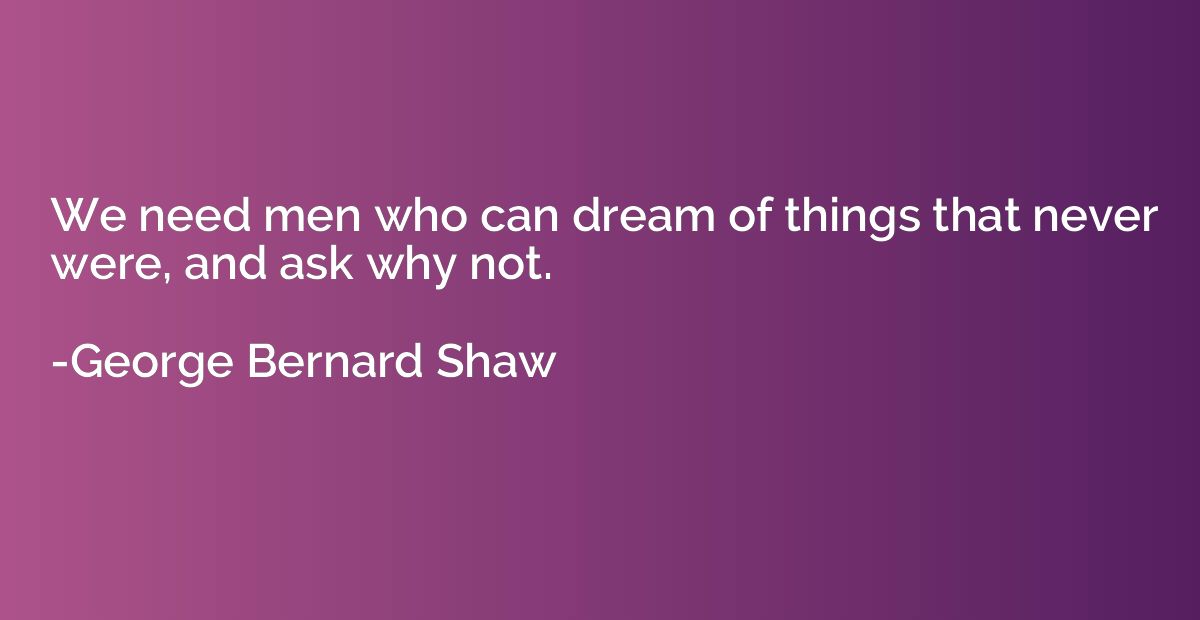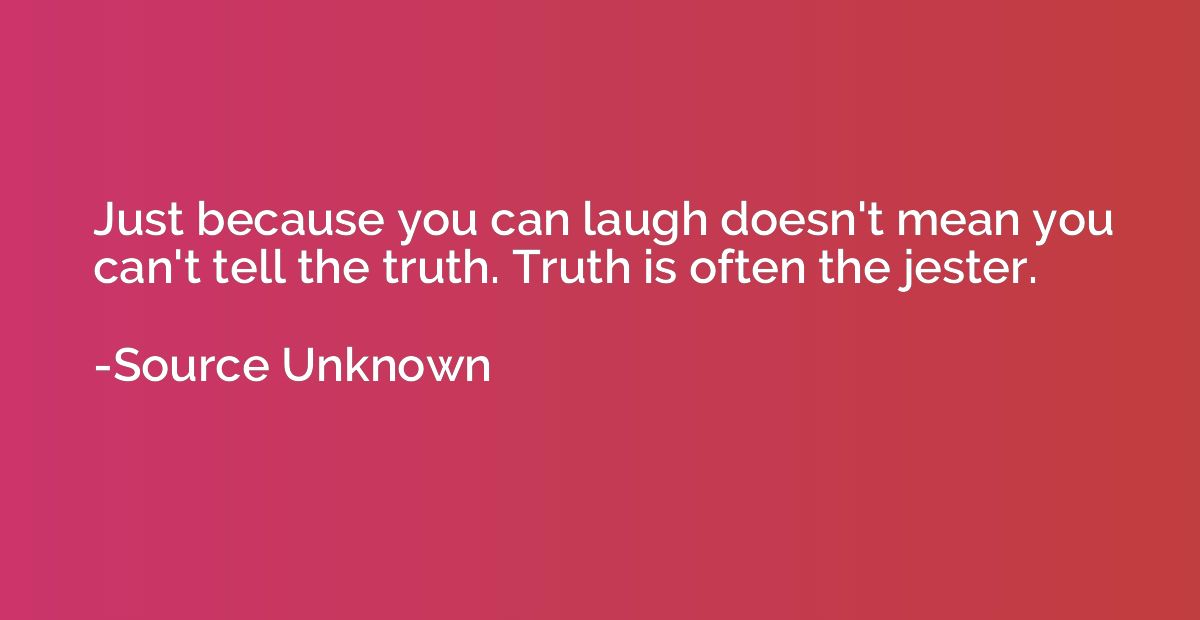Summary
This quote suggests that the study of world history serves as a means of assessing and reflecting on past events from a position of objective judgment. Similar to a court, where decisions are made based on evidence and deliberation, world history allows us to analyze and evaluate the actions, choices, and consequences of individuals, nations, and civilizations throughout time. By examining historical events, we can gain insights, learn lessons, and form opinions about the actions of individuals and societies, ultimately contributing to our understanding of the world and informing decisions made in the present and future.
